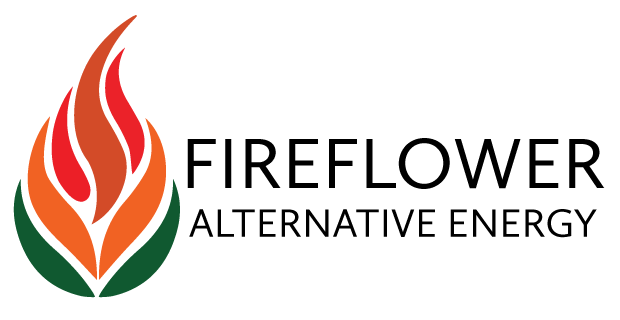
FREQUENTLY ASKED QUESTIONS
-How much does it cost to install a solar system, and how much will I save on my annual utility costs?
FireFlower will provide you with a free evaluation and proposal outlining the costs of a solar photovoltaic (PV) system and the cost of electricity specific to your site and circumstances. We will work with you to understand your needs and design a system that works for you.
The cost of the system depends on the size of the system, available federal and state energy incentives, how the system is financed, and whether you decide to own or lease back your system (in the latter case, you avoid the need for a large initial investment). A system can also be scaled to accommodate almost any budget. In many cases, the commissioning of a FireFlower solar PV system can be cash-flow positive for you upon commissioning. Plus, the generation of electricity on site will likely help your organization save 10-40% below existing electricity costs.
-How will a solar PV system affect the value of my property?
A recent study published by the Appraisal Institute estimates that for every utility dollar saved, $20 in property value is gained.
-How long does it take to install a solar PV system?
Typically it takes between nine and twelve months to go through the application and permitting process for a solar PV system; once this process is complete, it takes several weeks to install a solar PV system. FireFlower will provide you with a more accurate timeline once we have completed the free, no-obligation assessment.
-Does my roof need to be new?
Since solar PV systems being installed today will last for decades, you will want to make sure your roof is relatively new, to avoid costs of having to remove and replace the system when you replace the roof. Generally, solar PV systems should be installed on roofs that are less than 5 years old.
-What if there is a roof leak?
Leaks are uncommon in new solar PV systems installed on new roofs; however, should a leak related to a FireFlower solar PV system occur, the provider will be responsible to address the leak. The provider carries insurance on a leased system, and the terms of coverage will be described in a Solar Power Purchase Agreement. With thousands of rooftop-mounted solar systems in place across the globe, concerns about roof leaks have been fully vetted and should not derail your plans to invest.
-What is a Solar Power Purchase Agreement?
A Solar Power Purchase Agreement (SPPA) is a contract in which a third party developer (“the provider”) owns, operates and maintains the solar PV system, and the host customer agrees to site the system on its property, usually on its roof, and purchases the system's electrical output from the provider for a predetermined period and cost. This financial arrangement allows the host customer to receive stable, and sometimes lower-cost electricity, while avoiding the up-front capital cost, with its complex permitting and design process, as well as system performance risk.
SPPA’s can be cash flow positive for the host customer from the day the system is commissioned. The host customer buys the services produced by the solar PV system and not the solar PV system itself. The provider acquires valuable financial benefits such as tax credits and income generated from the sale of electricity to the host customer. For more information, go to this website.
Does my roof need to face south?
Southern exposure are best for pitched roofs, but you can still get strong results with east or west facing roofs. On flat roofs, solar PV systems are designed to take advantage of the best orientation.
-How will snow affect my solar PV system?
In New England, small amounts of snow melt away quickly as soon the sun warms the panels. In greater quantities, snow can affect the performance of a solar PV system. Generally, most commercial entities with midsized and larger solar PV systems rely on power from the utility until the snow melts from the panels, which can take a few days. This is preferable to removing the snow and risking injury to staff or damage to the system.
The impact of snowfall on production is calculated prior to installation of the system, and in the Northeast, lower production due to snow is offset by the higher price of electricity. For example, a solar PV system in Arizona will produce 40% more electricity than one in Massachusetts, but the latter will be more valuable due to differences in electricity costs.
-Who will clean my solar panels?
In New England, there is typically enough rainfall each year, and it is not necessary to clean panels on commercial systems.
-What if the system goes down? What if we lose power?
Solar PV systems, once up and operating are very reliable and unlikely to go down. However, the provider will be monitoring the operation of your system 24/7, and will see any problems should they arise. The Solar Power Purchase Agreement will outline the responsibilities of host and provider should the solar PV system go down.
FireFlower solar PV systems are tied into the grid to gain the benefits of net metering, so you will loose power from the solar PV system for as long as the power from the utility is down. If you want to consider a stand alone system or a system with battery backup, FireFlower can refer you to partner organizations that can help; however, we encourage you to request a proposal from FireFlower so that you will be able to understand your options and costs.
